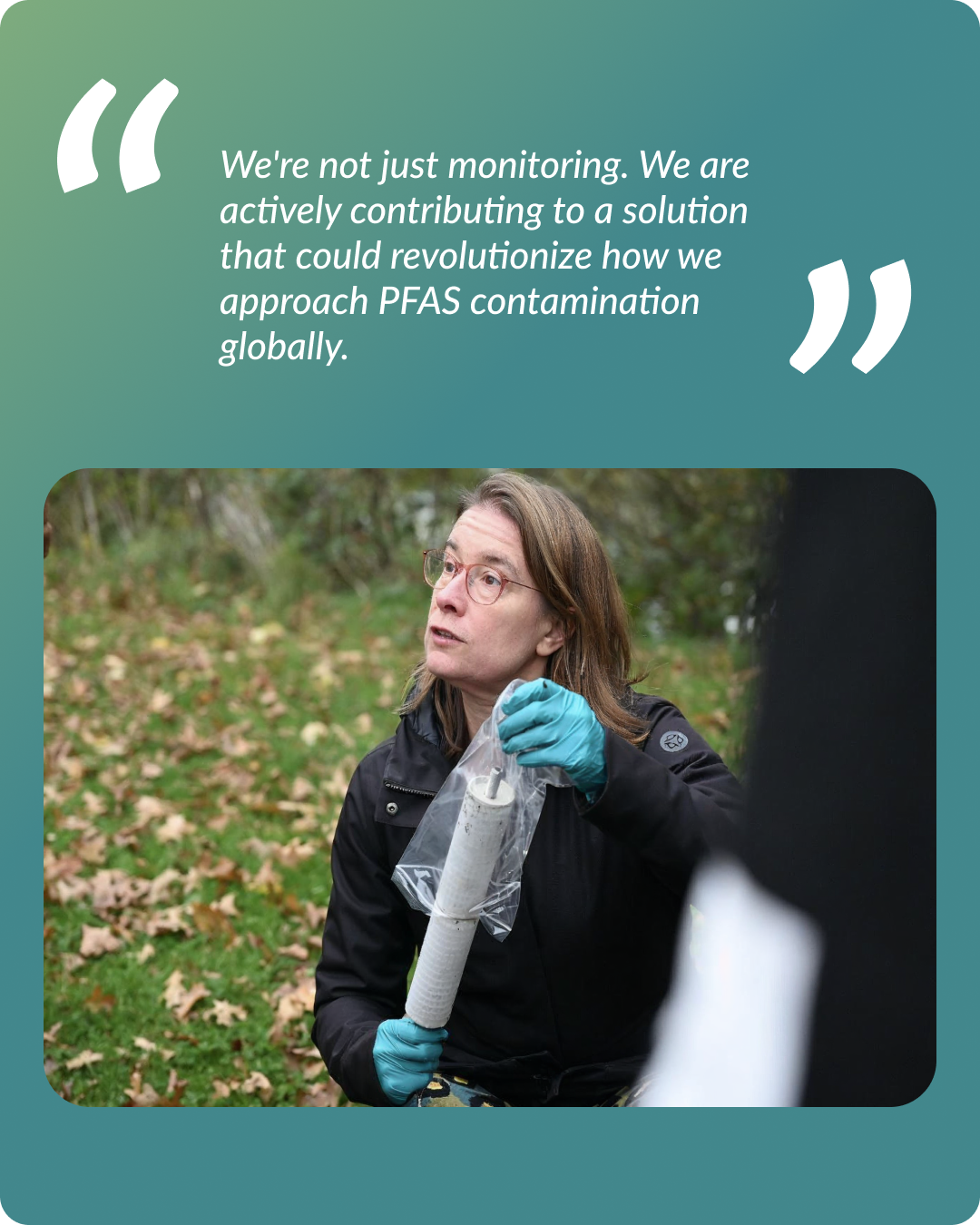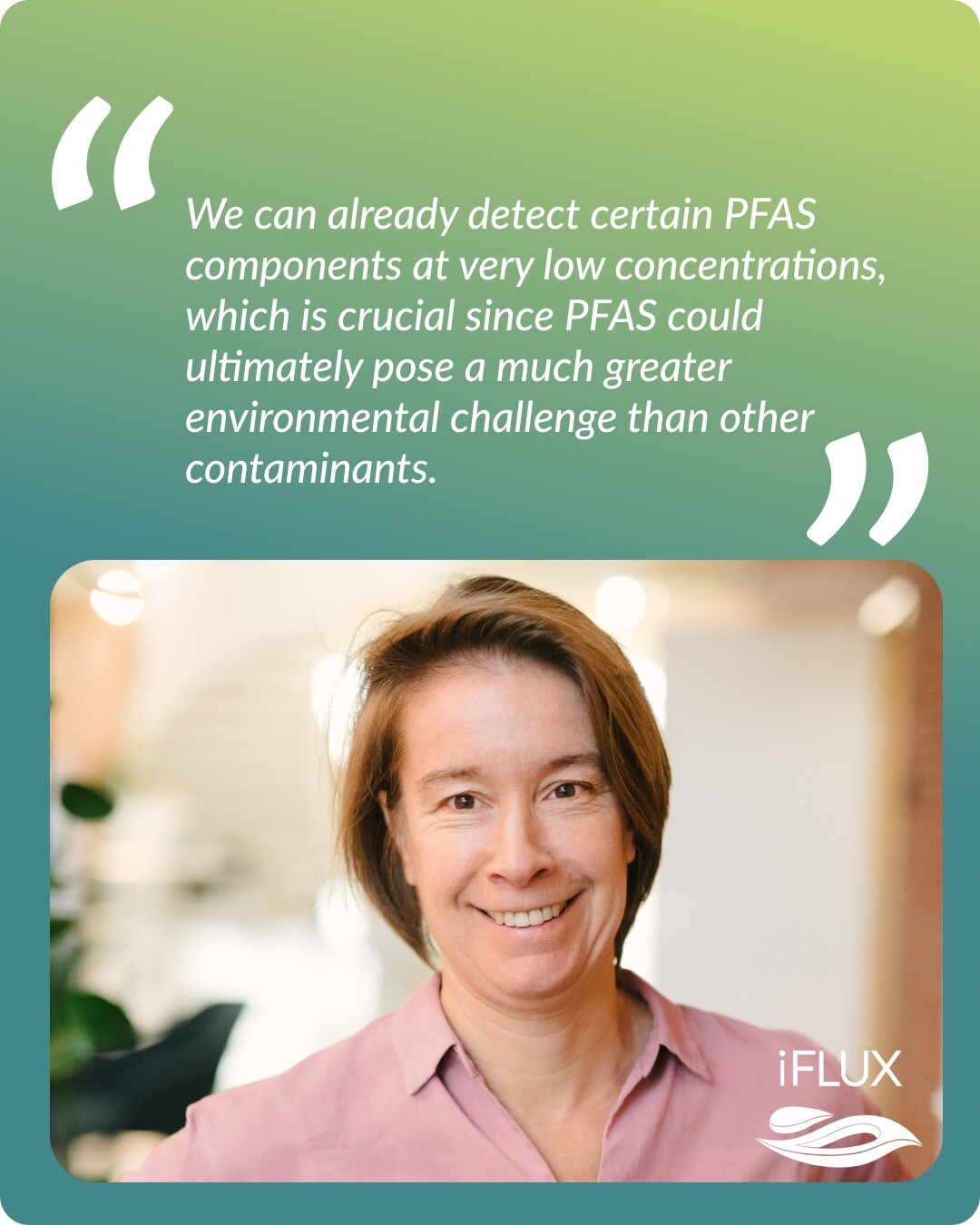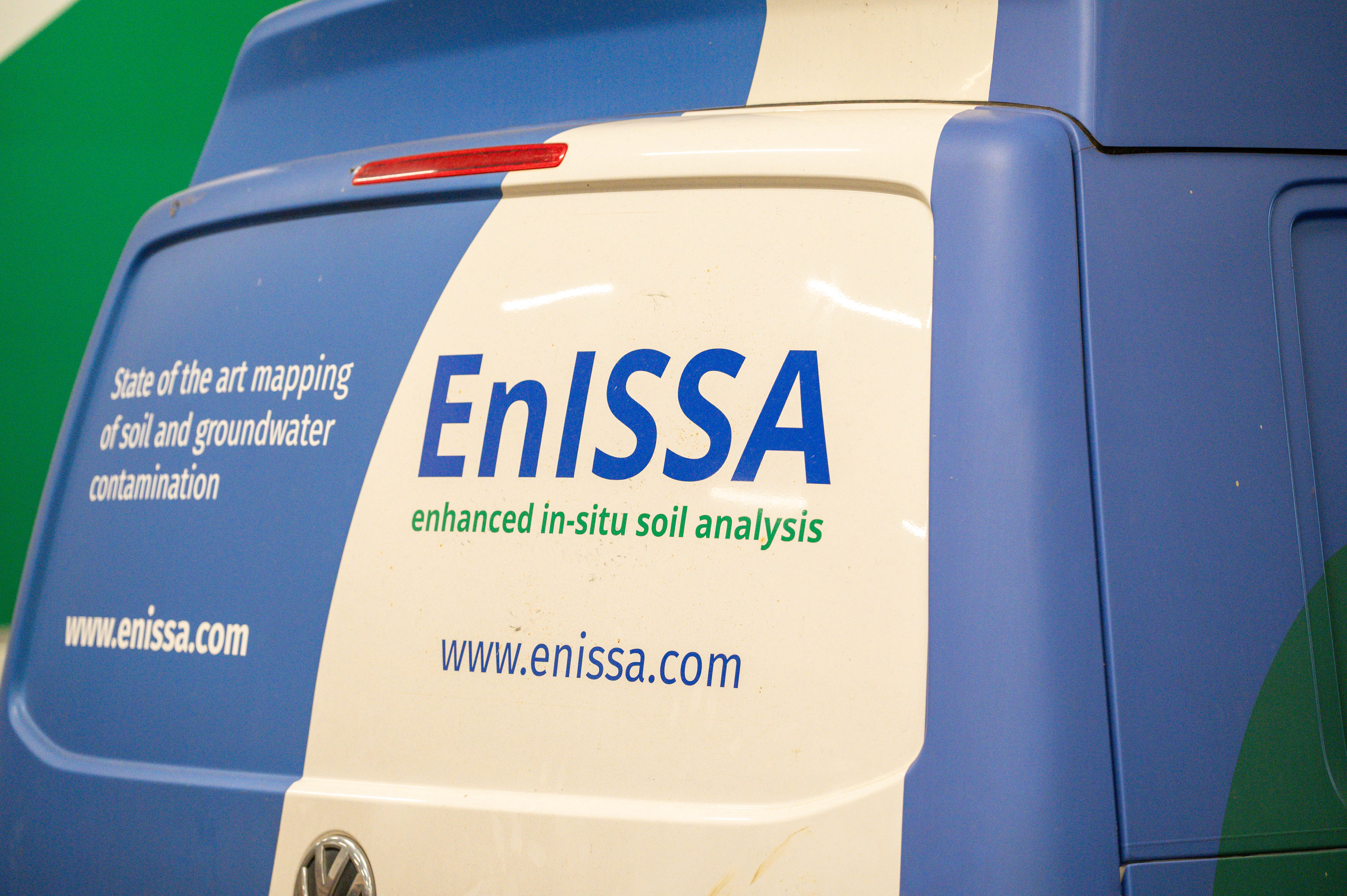How iFLUX Sampler Improves PFAS Monitoring in Groundwater
PFAS has emerged as one of the most challenging environmental contaminants of our time, with its complexity only expected to grow in the coming...
2 min read
Ellen Bogaert : Apr 30, 2025 3:35:03 PM

In the complex world of environmental remediation, understanding contamination is half the battle. The InSuFix project represents a collaboration pushing the boundaries of tracking, understanding, and ultimately neutralizing PFAS contamination.
Given that PFAS contamination is widely distributed in the environment and toxic effects can occur at very low concentrations, careful consideration must be given to which contaminants must be removed and when in-situ control is a better option. Currently, there are more challenges than solutions.
"What makes our role in this project truly useful is our ability to not just detect PFAS, but to map its precise movement through groundwater," says Marjan Joris, iFLUX's hydrogeologist and account manager.
iFLUX's unique sampling technology is a game-changer in this investigation. "Traditional monitoring gives you snapshots," Marjan explains. "Our samplers provide a continuous, dynamic picture of groundwater contamination. We're not just collecting data points – we're tracking the entire contamination journey."

The iFLUX Samplers provide a continuous, dynamic picture of groundwater contamination. We're not just collecting data points – we're tracking the entire contamination journey.
The Science of Stabilization
The project focuses on two challenging sites: Brussels Airport and a firefighting training area in the Port of Antwerp. Each location presents unique geological and hydrogeological conditions, making it the perfect testing ground for innovative remediation techniques.
Laboratory tests at Sodecon will examine the capacity of organo-clay to interact with different PFAS compounds. VITO will conduct long-term stability testing, simulating accelerated weathering processes. Meanwhile, iFLUX will provide crucial insights into groundwater movement and contamination spread.
A Collaborative Approach
Supported by the Flemish government's commitment to innovative environmental solutions, the InSuFix project represents more than just a research initiative. It's a collaborative effort to develop sustainable remediation strategies for one of the most persistent environmental challenges of our time.
"We're not just monitoring," Marjan emphasizes. "We're actively contributing to a solution that could revolutionize how we approach PFAS contamination globally."

As the project progresses, the partners will carefully document and share their findings, with the ultimate goal of developing more effective, targeted remediation techniques. For iFLUX, it's another step towards bringing unprecedented clarity to groundwater contamination.
Details of the project
With the support of KIS (Knowledge Center for Innovative remediation Solutions), the applicability of innovative soil and groundwater contamination remediation methods is being tested. One of the seven proposals is InSuFix.
The InSuFix project brings together a team of partners:
The partners work in close collaboration with contamination and remediation consultants Witteveen & Bos and ABO, iFLUX, and EniSSA.
In this project, iFLUX is playing a critical role in groundwater monitoring. The goal? To test an innovative approach using organo-clay injection to remove or immobilize PFAS groundwater contamination in situ.
More information (in Dutch): Click here

PFAS has emerged as one of the most challenging environmental contaminants of our time, with its complexity only expected to grow in the coming...

3 min read
“With complex contamination, it is essential to take subsurface heterogeneity and dynamics seriously.” Soil and groundwater contamination...

We are excited to announce that PLM Services and iFLUX have joined hands in a strategic partnership that will revolutionize groundwater management...